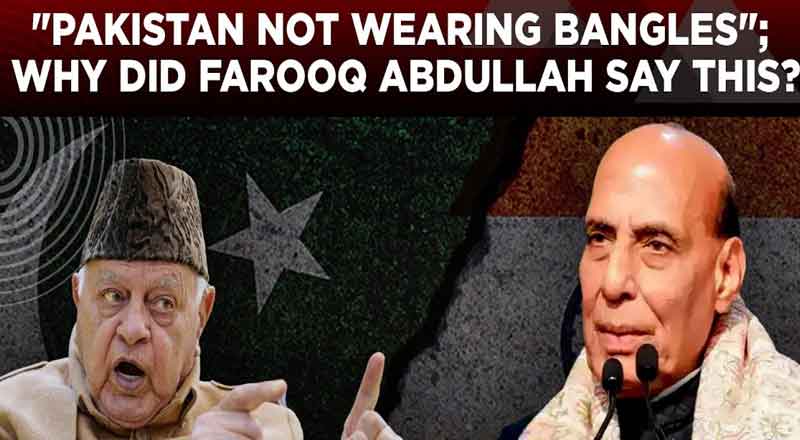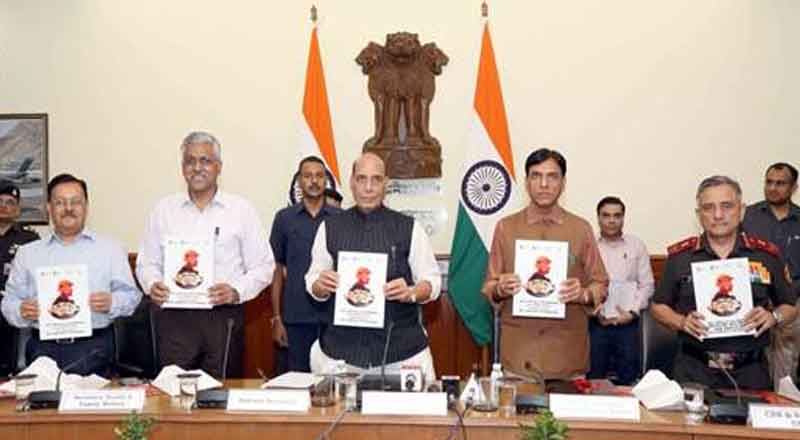The BJP-led Govt. is giving authorization to 10 central authorities to snoop anyone’s computer, and is in the process of proposing amendments to Information Technology (IT) Act in order to inhibit unlawful content on web. The Centre is planning amendments to rules governing content, Section 79 of the IT Act, in order to make it mandatory for the online platforms proactively to deploy technology which would enable restrain unlawful content and trace the origin of these unlawful messages.
The report suggests that the amendment require end-to-end encryption and tools for identifying, removing or disabling access to unlawful information or content to be proactively deployed by the online platforms. As part of the amendments, a new Rule 3(4) is to be inserted into the Act that would allow the platforms to warn users proliferating unlawful content on a monthly basis. In other words, it allows the online platforms to trace or retain people’s private data and conversations including WhatsApp messages, and breaking the end-to-end encryption.
The draft was discussed on Friday with representatives of Google, Facebook, WhatsApp, Amazon, Yahoo, Twitter, ShareChat, SEBI and The Internet Service Providers Association of India. This confidential meeting lasted more than an hour, and the aforementioned platforms have been given time till January 7 to respond to the proposal.
The amendments mean that the online platforms would be under obligation to help the government against any query. There’s also talk of a nodal person to be appointed for 24X7 coordination with law enforcement agencies and officers to ensure compliance.
These changes, if notified, will push back the regulation and legal architecture a full circle, from where it had been nudged after the Supreme Court ruled in the Shreya Singhal case in 2015. The landmark ruling on March 24, 2015, struck down Section 66A of the IT Act, which allowed the arrest of those allegedly posting offensive content online.
The proposed changes would mean that social media platforms with more than “50 lakh users” would be liable to help the government “within 72 hours” of a query. They would be expected to appoint a ‘Nodal person of Contact’ for 24X7 coordination with law enforcement agencies and officers to ensure compliance.
The draft amendments describe that online platforms will keep a record of “unlawful activity” for a period of “180 days”, double the 90 days in the older version.
“The draft rules have been shared with us, and we will issue a detailed analysis. But on the face of it, they seem to be contemplating pro-active censorship and breaking encryption with traceability. They will make the Internet a corporal environment damaging the fundamental rights of users,” said Apar Gupta, lawyer and co-founder of The Internet Freedom Foundation. “All these proposals are being discussed secretly without any public consultation. I worry that the recent government measures are taking us very close to a Chinese model of censorship,” he said.
N N Kaul, Communications Coordinator (MeitY), said that he had “no knowledge of such a meeting having been held”.
Incidentally, the draft was discussed a day after the Centre refreshed an order mandating ten central agencies with “interception, monitoring and decryption of any information generated, transmitted, received or stored in any computer”.
It was during the Monsoon session of Parliament that the Union Minister Ravi Shankar Prasad spoke of introducing changes in Section 79 of the IT Act.





